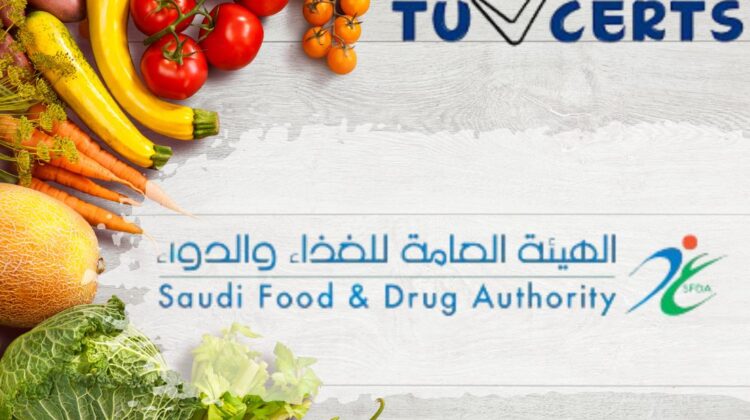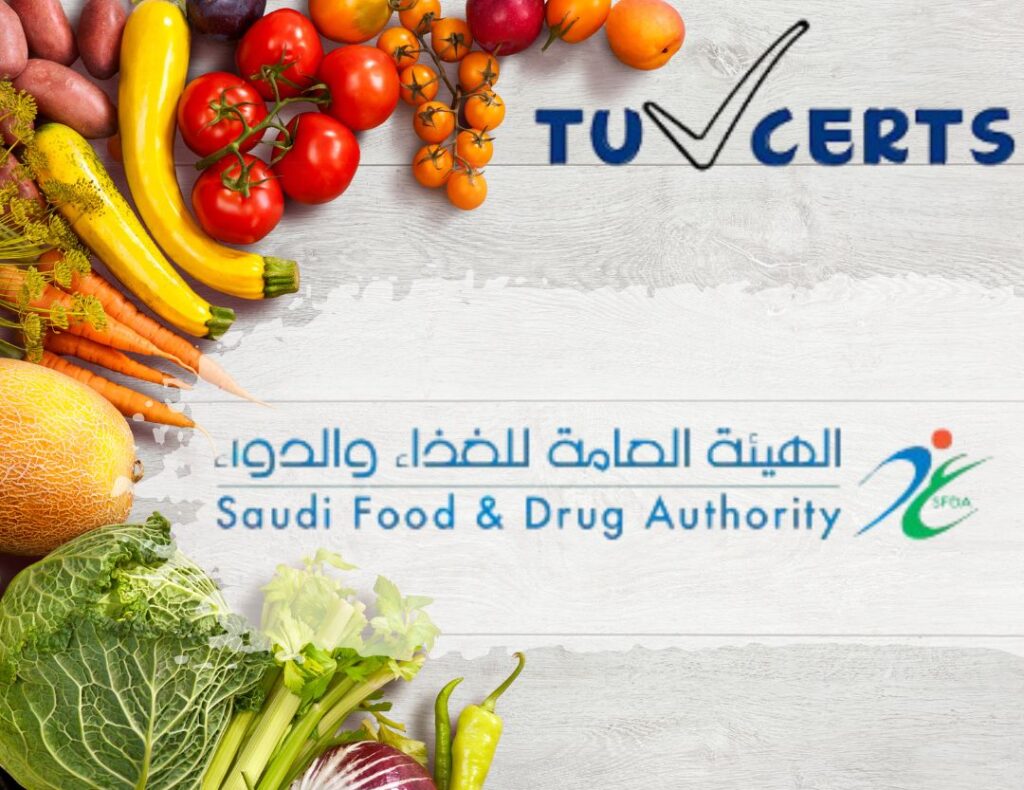
Understanding SFDA Food Regulations: Your Guide to Quality and Safety Standards
What actually happens is that Saudi Food and Drug Authority (SFDA) should be the one responsible for making sure that food products that are being developed in Kingdom of Saudi Arabia are in good quality and are of no harm to the body of the consumer. These very stringent norms are laid down for every food business (both international and domestic) to ensure that there’s no compromise on quality on the safety of our consumer’s food products. They all advised me that if I want a good entry to the Saudi market, I need to know SFDA Food rules and regulations. To ease you to the quality and safety standards of the industry, we present a complete manual to SFDA’s regulations on food, here.
1. SFDA’s Role and Importance in Food Safety
As a result of this new agency SFDA (Saudi food and drug authority) was established in the year 2003 to regulate food, drugs and medical devices to protect Saudi Arabian public health. SFDA says that food safety is critical to consumers’ health and the food security of the country. It makes regulations, develops them, enforces them, inspects facilities and tests products to make certain that the product is safe and conforms to quality standards, and certifies the product as meeting those standards.
2. Key Areas Covered by SFDA Food Regulations
All matters relating to food production, packaging, distribution, and food retail are regulated by the SFDA food regulations. Key areas include:
- Food Safety and Hygiene: Even at every stage of the food supply chain, the hygiene rules in effect are strictly implemented by the SFDA. Prevent contamination includes handling, storage and transportation.
- Labeling Requirements: It is critical for compliance with SFDA, being accurate labeling. Ingredients, allergens, storage instructions, expiration date, nutritional values are written in both Arabic and English.
- Import and Export Controls: Imported food products, according to SFDA, are overseen to make sure they meet local standards. Before entering the market the imported goods must be certified by having certificates proving that they comply with SFDA requirements.
- Food Additives and Preservatives: SFDA strongly regulates the use of food additives, preservatives and colorants. To prevent health risks, companies are obliged to only use allowed additives at given limits.

3. The Process of SFDA Food Registration
For Saudi food companies that wish to enter the Saudi market, they have to follow the Saudi Food and Drug Administration process of food registration. This process includes:
- Document Submission: To get approved, each business still has to submit detailed product documentation, providing proof of good manufacturing practices and lists of ingredients, and in many cases, provided a batch of tests of their product. It means that the products meet the requirements of the safety set by SFDA.
- Product Testing: The SFDA may request that the food product undergoes testing at a laboratory that is certified for testing such food product, to verify such food product is of conforming quality to quality standards.
- Certification and Approval: After passing through testing and reviews, SFDA signs its approval and the product goes to the Saudi market. This certification process assets the consumer that the product is actually safe and it meets with all regulatory standards.
4. How TUVCERTS Supports SFDA Compliance
We at TUVCERTS are aware of the complexity of SFDA and the difficulties imposed in the field of food businesses. We provide comprehensive consulting services to guide companies through every step of the SFDA compliance process, including:
- Document Preparation and Review: We work to sponsor and provide the necessary documentation for the SFDA to approve it.
- Testing and Certification: Your products need to be tested within the certified laboratories and also obtain the SFDA certification, we do this work for you.
- Labelling Compliance: Product labels are accurate, informative and in compliance with SFDA requirements (Arabic translations and ingredient transparency) by our experts.
- Ongoing Support: The SFDA regulations are subject to constant shift. We provide ongoing support so you comply with new or changing requirements
Conclusion
To survive in the Saudi Arabian Market, food businesses should not just know but should also implement SFDA regulations. Regulations have their purpose — keeping public health in good condition, maintaining food safety and providing consumers with high quality products. Realizing this at TUVCERTS, our aim is to assist businesses in the compliance with SFDA while we aid from preparation of documents to product certification. If your business follows the standards stated above, then you can confidently join the Saudi market and increase consumer’s trust and have a long-lasting business.



